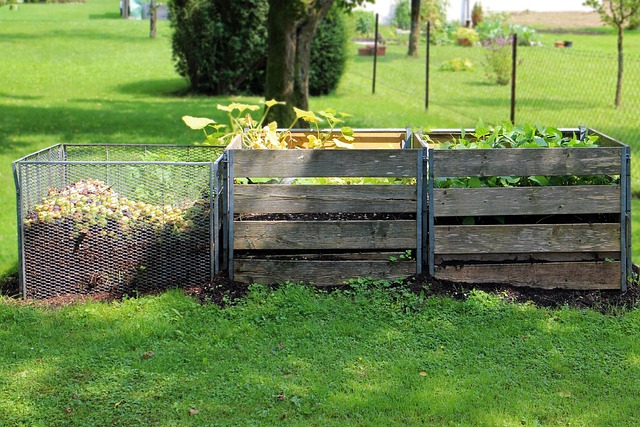The Environmental Impact: Composting for Climate Change Mitigation
In a world increasingly challenged by climate change, every small effort counts towards healing our planet. One powerful way to make a positive impact is through composting. As we grapple with rising temperatures, extreme weather events, and the degradation of natural habitats, composting emerges as a practical solution that not only reduces waste but also enriches our environment.
Every year, millions of tons of organic waste end up in landfills, decomposing slowly and releasing harmful greenhouse gases like methane into the atmosphere. By diverting food scraps and yard waste from these landfills and instead directing them into composting systems, we can significantly cut down on methane emissions. When organic materials are composted, they break down naturally, providing an enriching soil amendment that enhances soil health and promotes biodiversity.
Composting stands as a testament to the power of transformation. Just as dead leaves decompose on the forest floor to nourish new life, your kitchen scraps can transform into nutrient-rich compost that feeds vibrant gardens. This process not only reduces our carbon footprint but also mitigates climate change by improving soil structure, enhancing its ability to retain water and nutrients, and fostering a rich ecosystem that captures carbon dioxide from the atmosphere.
The environmental benefits of composting are profound. Healthy soils lead to healthy plants, which in turn support wildlife and contribute to a thriving ecosystem. By choosing to compost, you are participating in a cycle of growth and renewal, providing a practical and effective way to combat climate change at the grassroots level. It encourages us all to rethink waste as a resource, inspiring creativity in how we cultivate our gardens and manage our homes.
With the growing movement towards sustainability, embracing composting allows communities to influence and inspire one another. Imagine neighborhoods united by shared composting efforts, turning a waste management challenge into a communal project that fosters relationships and shared responsibility. Schools, local governments, and community organizations can play pivotal roles in raising awareness about the importance of composting, equipping individuals with the knowledge and resources they need to contribute meaningfully to climate action.
Whether you have a spacious backyard or a small apartment, there is a composting method to suit your lifestyle. From traditional compost bins to vermicomposting with worms, the options are diverse and accessible. Start small and gradually incorporate composting into your routine, and witness how it changes your relationship with food waste, soil, and the environment. You may find that taking this simple step brings a sense of empowerment and connection to our fragile ecosystems, reminding us that we are all stewards of the earth.
In fighting climate change, we must recognize that each action, no matter how small, contributes to a larger impact. By composting, we conserve resources, reduce emissions, and promote environmental health. The solution lies not only in individual actions but in collective mindset shifts towards more sustainable living. So, let’s embrace composting as a vital tool in our climate change mitigation arsenal, paving the way for a healthier planet for generations to come.



